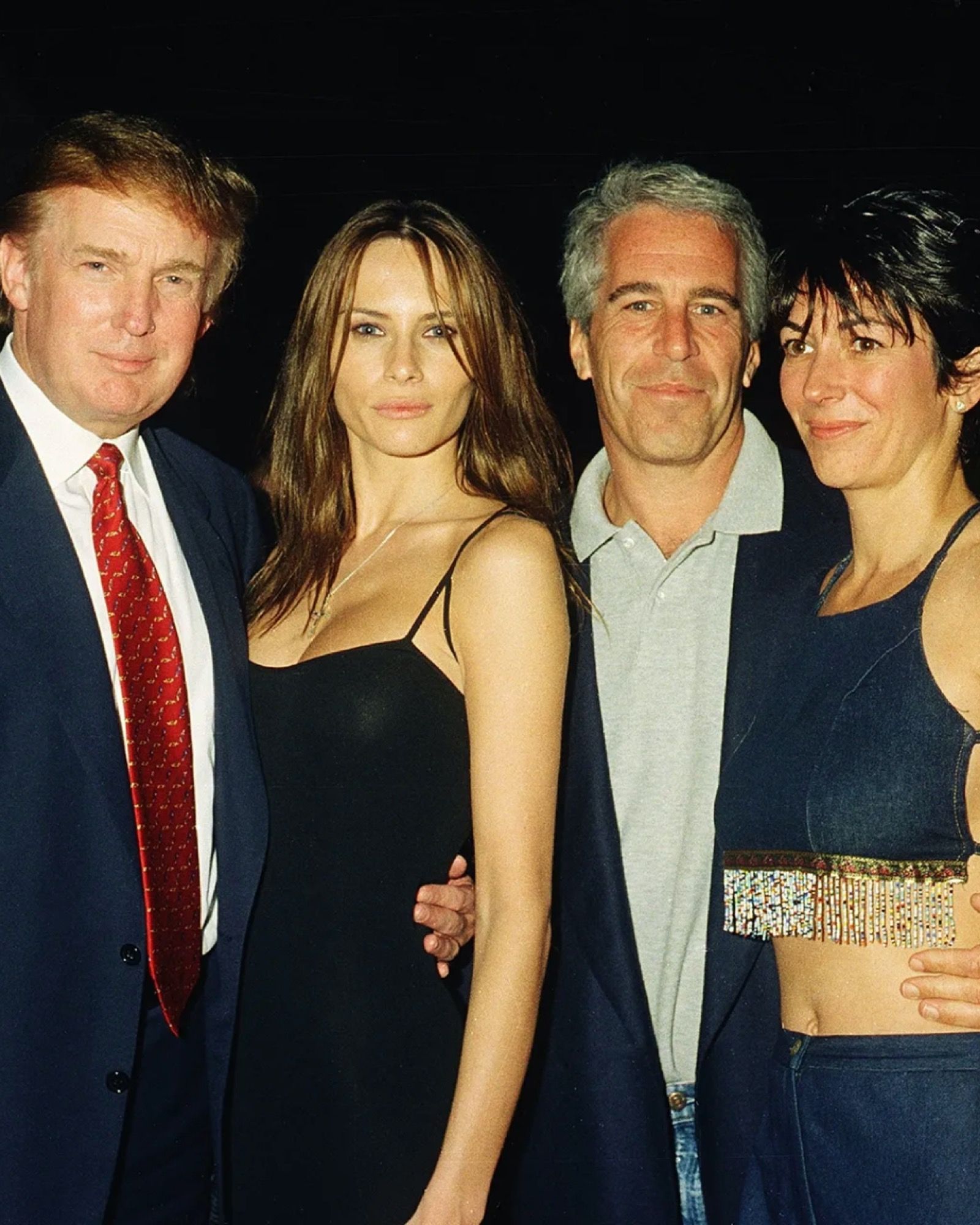
What does 'Hollyweird' mean? From the title of a satirical column to the preferred term of conspiracy theorists
The advent of social media has brought the eyes and ears of the public deeper into the lives of the rich and famous. This not only has spotlighted certain grotesque habits and eccentricities but also brought to light conspiracy theories and conspiracies ranging from the most realistic (such as the alleged sex blackmail ring of P.Diddy) to the most absurd and outlandish (like underground lizard people or the Illuminati). Either way, the curious term "Hollyweird", a blend of Hollywood and "weird", has seen a +180% increase in Google searches in the last month, along with a good number of contents that, on TikTok, have Khalil Underwood, a Las Vegas storyteller with 7.7 million followers on TikTok specializing in conspiracy theory videos of all kinds, as their main focus. Among the most circulated theories are the dark sex parties of Hollywood, the alleged clues scattered by Justin Bieber in the music video for Yummy and through various interviews, and the ever-present adrenochrome beloved by Pizzagate theorists. Additionally, recent details (these certainly more substantiated but still all to be confirmed in a legal setting) contained in the 73 pages of the lawsuit filed by Rodney Jones against Combs and against half of the major record labels where the producer and his team are accused of a series of crimes ranging from child prostitution to murder, through arms trafficking, and sexual harassment. The lawsuit has made Ian Carroll, an American investigative reporter specializing in open-source intelligence, immensely popular, whose videos on Combs have bounced around online everywhere – collateralizing the rise of the term "Hollyweird".
@khalilslife Do you believe him? #diddy #scary #hollyweird #celebrity #creepy original sound - Khalil | Storyteller
The origin of the word is attributed to journalist Walter Winchell, the inventor of the gossip column concept, who, depending on the versions, is said to have used it either in 1939 to talk about the entry into high society of socialite Brenda Frazier; or a few years later, in February '47 in the article Sallies in Our Alley. The term gained popularity; it was later used in passing by Kenneth Anger in 1984 in the sequel to Hollywood Babylon, his second exposé on the private lives and vices of movie stars, speaking of a cleaning-based therapy that Liz Taylor was forced to undergo during her stay in rehab. However, the term appeared everywhere, always in conservative and conspiratorial environments, so much so that in his historical essay The Un-americans of 2009, Joseph Litvak (who mentions it only once) attributes it «to right-wing humorists». In short, Hollyweird indicates the complex of behaviors outside the world typical of celebrity culture (from shamanic marriages with crystals to extreme use of plastic surgery) as well as the most grotesque or unsettling aspects of it or, to use the words of Aubrey Malone who wrote a book entitled Hollyweird in 1995: «the idiosyncrasies of the rich and shameless». In fact, upon closer inspection, mega-celebrities, especially the most indulged ones, have strange behaviors and, with frequent recourse to plastic surgery, their features also change and become alien – plus an atmosphere of secrecy, of common solidarity that creates the impression of a "bubble" where bizarre situations and attitudes for the common world are concentrated and above all endorsed.
@khalilslife Am I reaching?
Now, if indeed some of these accusations (in the broadest terms) may even make sense, in reference to the systematic sexual abuse of individuals by the high echelons of the industry as in the case of Jeffrey Epstein and Harvey Weinstein, it is clear that the vast majority of these conspiracies have little to do with human sacrifices, cannibalism, and occult rituals that already in the Middle Ages the inquisitors attributed to the Cathar heretics, the Templars, and the witches. In short, all legends and conspiracies present in Western culture for several centuries and that have remained unchanged for almost a millennium. Behind these conspiracies there is always a fear of the new and different, which is why historically the term is used by conservatives to define the alleged distortions and infringements on normalcy introduced by progressives, who abound in Hollywood and whose political views are often read as the result of an hedonistic and debauched lifestyle, and therefore "strange" both because they are out of touch with the real world and therefore extravagant, offensive, wasteful; and because they promote socially progressive ideals on stage that are indicative of a deeply corrupted morality behind the scenes – a conception, the latter, that the numerous scandals that paint the music and film industry as a literal madhouse only reinforce, fueling the conspiracy theories mentioned above.
The increase in content against "Hollyweird," however, tells us another and more realistic picture, namely the growing distrust with which the public views the City of Angels, the music industry, and the film industry – with its perpetual dualism between the public lives of stars who must present themselves as positive role models and the private lives of people who probably have the same vices as many others and live immersed in an atmosphere of indulgence that allows them to satisfy them even beyond measure. The resentment that seems to lurk behind these conspiracies is perhaps instead the social resentment of a public caught in the middle of a historical-cultural moment where not only is the division of wealth deeper and more dramatic, but its ostentation is normalized – ostentation that, combined with the otherness represented by a caste of famous people who do not seem to age, collecting dependencies and private dramas like Infinity Stones, assuming over-the-top attitudes and adopting behaviors dissonant with their perceived importance, effectively creates the disturbing idea of a world outside the world.










































